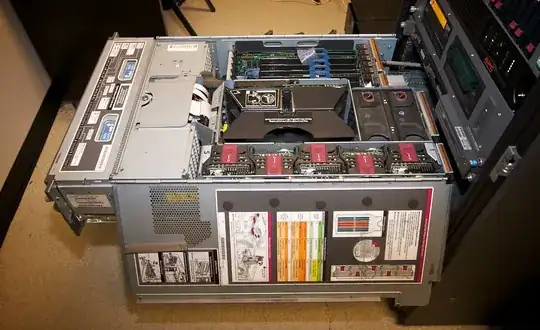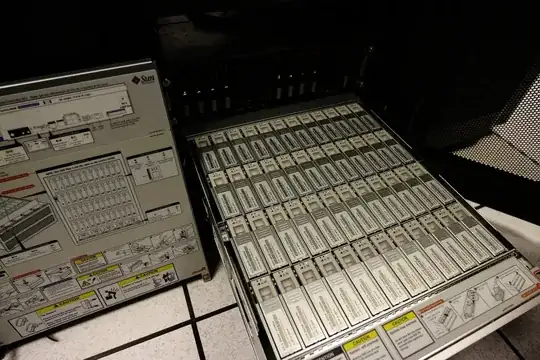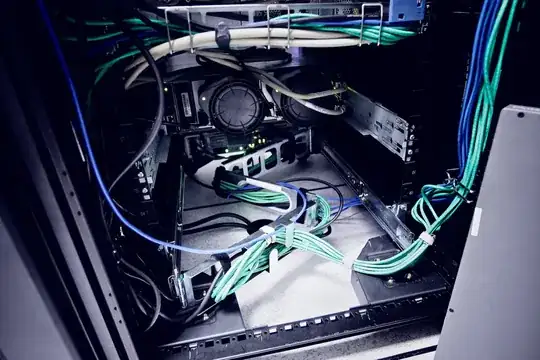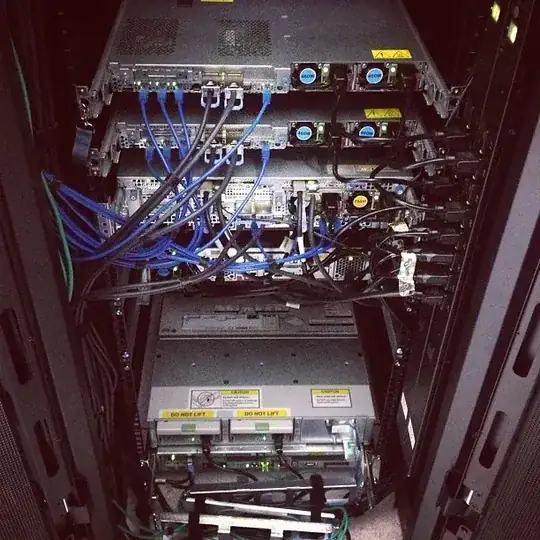So there are a few things in play here. Model/make of rack? Photos?
- Perhaps your rack isn't deep enough to accommodate everything... I'm assuming you're not using HP racks. APC, maybe? Either way, see if there's some flexibility in where you can place your vertical rails on the enclosure. If there's some fore-aft slack, that could be a solution.
- Pro-tip... don't use cable management arms. If you're on vertical PDU's, try appropriately-sized power cables for A+B feed (think 1-foot/2-foot cables). Cable management units are complicated and restrict airflow.
There are two cases I can think of for using cable management arms + telescoping rails TODAY.
- Servers that have hot-swap RAM, PCI, etc. inside the chassis. This is rare today, though.
- Storage servers/enclosures like the Sun x4540, where you need access to running disks inside the chassis.
I think you can get a feeling for the intended use of a particular piece of server equipment based on the mounting hardware/rails and robustness of the cable management. When my 1U DL360 systems started shipping with two pieces of velcro as the cable management, I realized that less emphasis was being placed on the ability to pull the server out of the rack while running.
The examples below have substantial railkits and cable management arms.
Hot-swap RAID RAM and PCI in a running server. HP ProLiant DL740 G1.

Hot-swap disks in a storage server that remained running through multiple disk replacements. Sun x4540.

From the rear...

But really, standard 1U and 2U systems benefit most from short power cables, vertical PDUs and velcro.




